Lately, I’ve been hearing more and more about how the Trump administration’s decisions are bringing the U.S. closer to authoritarianism. To avoid making empty claims, I decided to put together a small guide: a quick and reliable way to turn a country into a dictatorship—analyzing the experience I witnessed in Russia.
When I was writing All the Kremlin’s Men, I interviewed hundreds of Putin’s close associates: his former ministers who became disillusioned with him and were expelled from his inner circle, the oligarchs who were once loyal to him but later turned into his enemies, and the people who disagreed with his policies but continued working in his administration. I asked all of them the same question: When was the turning point? What made his transformation into a dictator irreversible?
Each of them had a completely different answer. As a result, I collected dozens of different critical moments. If you were to plot these points on a graph, it would seem as though Putin’s entire rule was made up of one continuous series of turning points. Every month, he did something that shifted the norm—often quite significantly. But never significantly enough to look like a revolution. Yet, when you connected all these dots, it became clear that the entire process was an extraordinary collapse—one that was, at the same time, incredibly consistent.
1. Breaking the News (Literally)
The first thing Putin did when he became president was take control of the media. Even before his election, independent television channels and the free press posed the greatest threat to him. So he started by bringing them under his control.
Within a year of Putin first taking office, independent television in Russia ceased to exist. One by one, all formerly independent TV channels were taken over by oligarchs loyal to him. It started with Channel One, which Roman Abramovich bought from Boris Berezovsky. Then another channel, NTV, was taken from Vladimir Gusinsky and placed under Gazprom’s control.
From a formal standpoint, this wasn’t an act of state violence. Putin didn’t pass any explicitly repressive dictatorial laws. Each time, it looked like just another capitalist transaction. Media outlets changed owners—and immediately changed their editorial policies. For society, it was obvious what was happening. But Putin never cared about public opinion—that is, the opinion of the liberal intelligentsia.
2. Leadership by Ghosting
From the very beginning, Putin ignored any accusations—whether from journalists, politicians, or even foreign leaders. He acted as though criticism simply didn’t exist.
In the very first year of his presidency, Russia experienced a national tragedy: the Kursk submarine disaster. Putin did nothing. He didn’t even interrupt his vacation to visit the site. And when he finally showed up and faced the grieving widows of the dead sailors, he dismissed them—calling them “prostitutes and actresses hired to discredit him”.
He never cared whether his actions seemed inappropriate to the intellectual elite. He knew that the cruder and more brazen his behavior, the more it would resonate with the less educated and more traditional segments of the population. As long as he had their support, he knew he could get away with anything.
3. Loyalty Over Competence
The word loyalty will come up in almost every section because, for Putin, loyalty is the most important thing. It is the sole criterion—not personal qualities, not professional skills, not talent. One of his lesser-known but significant moves was ensuring that the military was in reliable and loyal hands. To achieve this, he effectively removed the old generals who had previously led the Russian army and were known for their role in the Chechen war. However, he didn’t fire them outright—he didn’t strip them of their security details or revoke their access to classified information. On the contrary, he promoted them.
Putin reassigned them to newly invented positions, creating the illusion that they still played an important role. These generals even publicly supported Putin and vocally endorsed his policies. But in reality, they no longer had any influence over the country’s governance and gradually drank themselves into oblivion in their completely meaningless ceremonial roles.
4. How to Train Your Oligarch
The most crucial step in building a loyal political system for Putin was redefining his relationship with the oligarchs.
The oligarchs had played a decisive role in his rise to power. Boris Berezovsky, in particular, was the driving force behind Putin’s presidential campaign, ensuring that his election went as smoothly as possible. But as president, Putin needed to force all oligarchs into submission. Berezovsky was quickly pushed out of the country and went into exile. Another oligarch, Vladimir Gusinsky, soon followed. However, to make Gusinsky more compliant, it was necessary to arrest him and hold him in a prison cell for a few days. That was enough of a message for him to get the point.
After that, Putin gathered all the remaining oligarchs at his country residence and laid out the new rules of the game. They could continue making money and keep their assets—so long as they stayed out of politics. This became an unwritten law.
The only person who failed to understand this warning was Mikhail Khodorkovsky. That’s why Putin made a brutal example of him, crushing the business empire of Russia’s richest man and the owner of its most important oil company, Yukos. He seized his business, and Khodorkovsky, along with several of his closest partners, was sent to prison. This served as a powerful lesson for the rest of the oligarchs.
From that moment on, they all became soldiers in Putin’s army. Today, it is said that they only pretend to own the assets listed under their names. Everyone understands that they could lose everything at any moment. Moreover, Putin can demand that any of them invest any amount of money in any project of his choosing at any time. Essentially, they remain Putin’s personal wallets—and they willingly play this role. According to sources, Putin often remarks that he “allows them to sit on their money.”
5. History on Repeat
A symbolic act at the beginning of Putin’s rule was the change in state symbols. This sent a crucial message to many members of the ruling elite. It wasn’t about renaming geographical locations or canceling existing holidays—within his first year in office, Putin changed the national anthem, replacing the Yeltsin’s democratic anthem with the old Soviet anthem from the Stalin era.
This was a populist move meant to appeal to the conservative majority, reassuring them that things would return to the way they used to be—for better or for worse. But this didn’t just mean a return to the past. It was a signal that the old order, with all its implications, was being revived. This symbolic act played a crucial role in reestablishing a collective psychology that looked back nostalgically—even if selectively—at the past.
6. Toasting Democracy
For at least the first ten years of his rule, Putin was far from being a global pariah. On the contrary, international recognition and the display of foreign policy successes were a key part of his early presidency. He went to great lengths to showcase his warm relationships with Western leaders—inviting them to his home, trying to build personal, friendly connections, drinking wine with them.
There are still plenty of curious photos from those early years of Putin’s presidency—such as the one where he persistently offers a glass of wine to President George W. Bush, while the bottle is held by Putin’s personal waiter, none other than Yevgeny Prigozhin, the future head of Wagner Group.
Demonstrating global respectability was a crucial part of legitimizing everything Putin was doing at home. He wanted to show that despite his increasingly authoritarian measures, he remained a welcomed peer among world leaders. And for a large segment of Russia’s elite, this international acceptance was met with enormous approval.
7. Consistency Is for Amateurs
One of Putin’s greatest victories was the moral destruction of the former opposition. The very people who had recently criticized him, fought against his methods, and pursued their own political ambitions suddenly decided that, in order to preserve and expand their political capital, they needed to surrender and join his camp.
A prime example was the political party Fatherland, which had fiercely opposed Putin in 1999. Just a year later, it merged with his party, Unity, forming the ruling behemoth we now know as United Russia.
What was truly astonishing was that none of the politicians who completely reversed their political stances felt any shame. No one had to justify their decisions or apologize to voters. Their blatant cynicism was accepted as normal—simply pragmatic and rational behavior.
8. Never Waste a Good Crisis
A rather radical step in Putin’s transition to a new political system was the abolition of regional elections. In the early years of his rule, such a move seemed entirely unthinkable in Russia. However, when the time came, he found an unexpected pretext to make it happen.
A horrific terrorist attack struck the country—militants seized a school in the city of Beslan in the North Caucasus, taking more than a thousand people hostage. The nation was in such shock that almost no one reacted to Putin’s bizarre proposal to combat terrorism by restructuring the country’s political system. Without much resistance, the public accepted the idea that governors of all Russian regions should no longer be independent politicians but instead Putin’s loyal appointees.
9. Invent an Enemy
Another key objective was demonstrating foreign policy dominance and subjugating previously defiant neighbors. For Putin, these neighbors were first Ukraine and later Belarus. He enjoyed showcasing his foreign policy victories, proving to the public that he could control not just his own citizens but foreign leaders as well.
At some point, however, this strategy shifted. As neighboring countries began resisting and asserting their independence—most notably during Ukraine’s Orange Revolution, when Putin’s preferred candidate lost—he pivoted to finding an external enemy.
From then on, events unfolded according to the classic playbook of propaganda. Russian state media began fueling nationalist hysteria, whipping up the public into a frenzy. Society was gradually united against an imaginary foe, rallying around the national leader.
10. Amend Until It Bends
And finally—the Constitution.
From the very beginning, Putin repeatedly assured the public that he would never change the Constitution. He emphasized this promise countless times, insisting that as a lawyer, he viewed the law as sacred and would never manipulate it.
But as time passed, those promises became meaningless. When he finally got his hands on the Constitution to rewrite it, he went all in.
As a smokescreen, numerous amendments were added, focusing on so-called traditional values, family protection, and opposition to liberal norms—such as the explicit ban on same-sex marriage. But, of course, these demagogic provisions were never the real goal of the constitutional overhaul.
The true objective was ensuring his grip on power. The most crucial change was the removal of presidential term limits, allowing Putin to remain in office indefinitely.




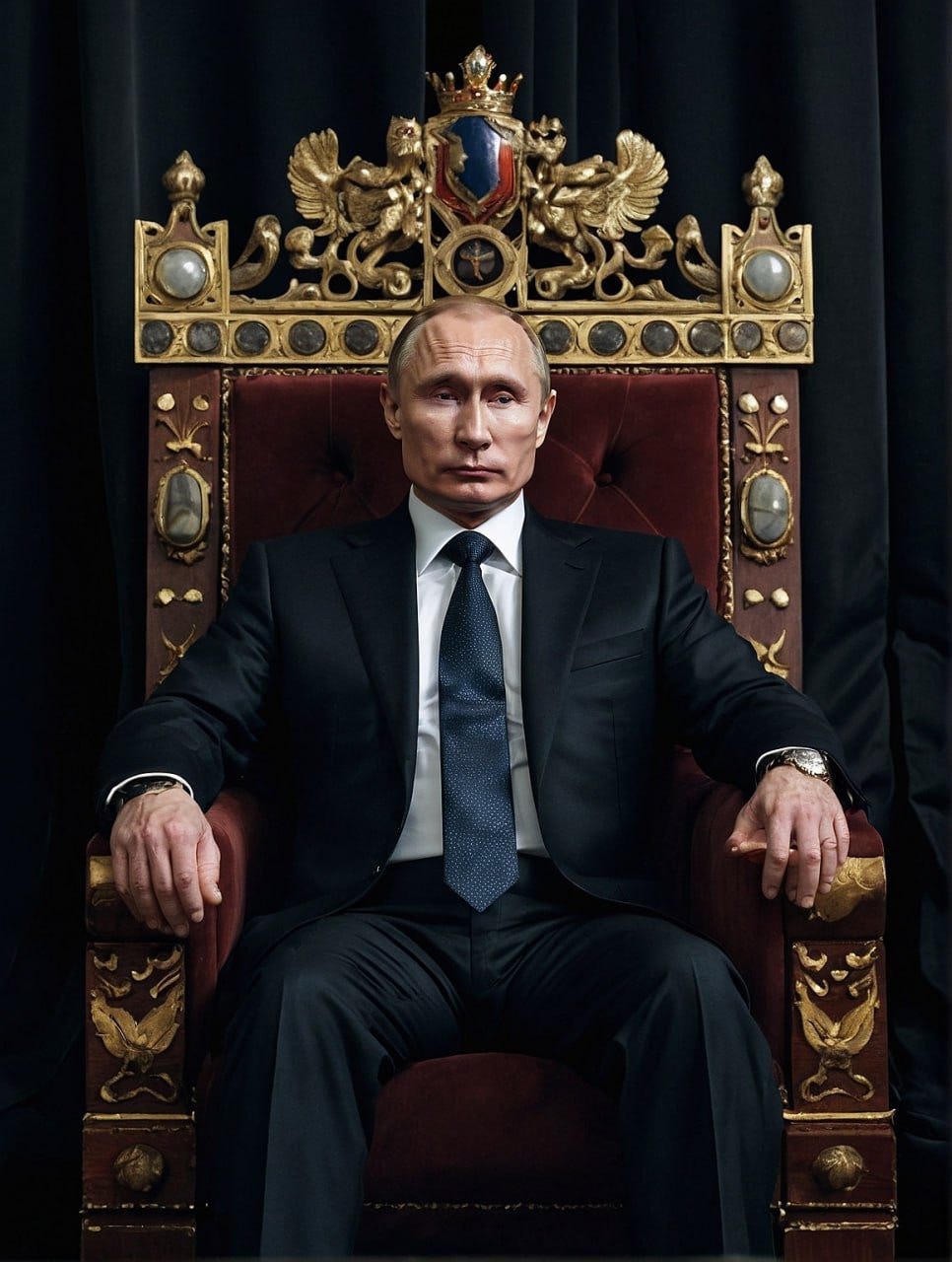
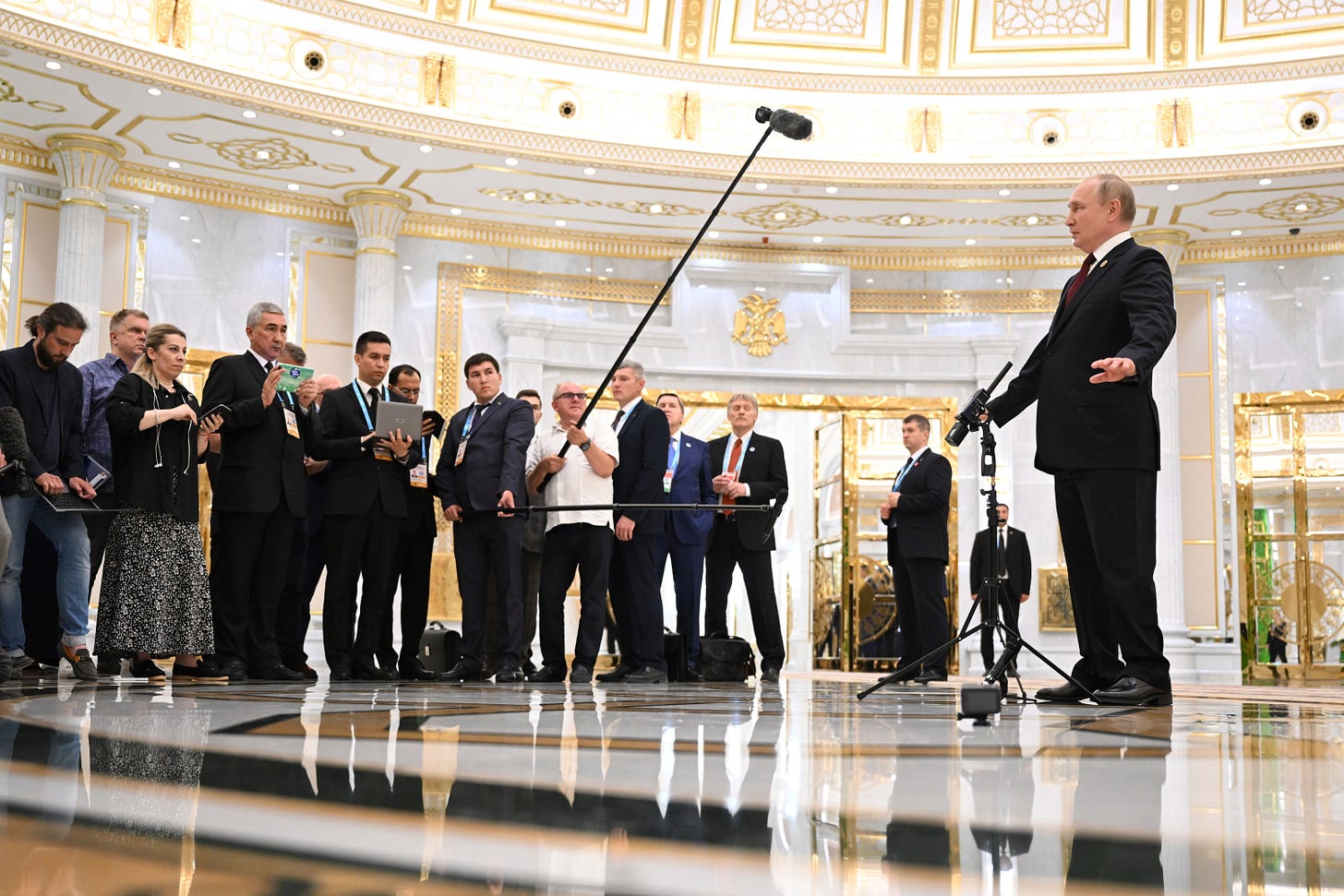

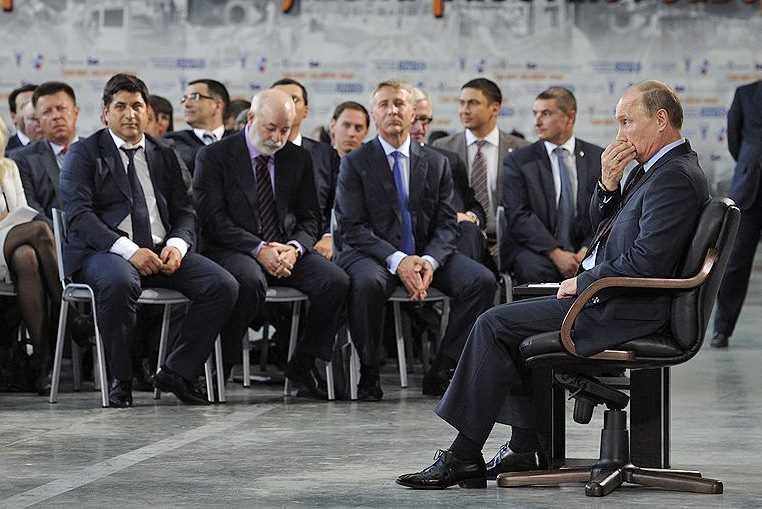

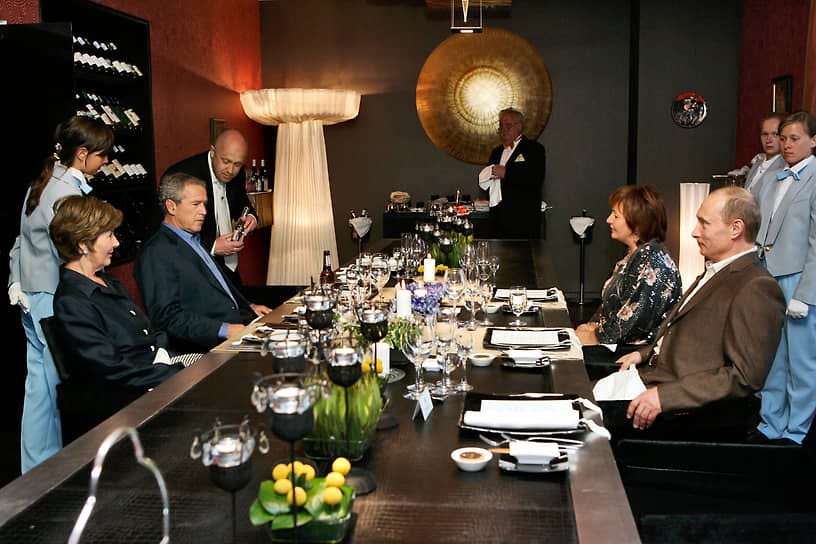
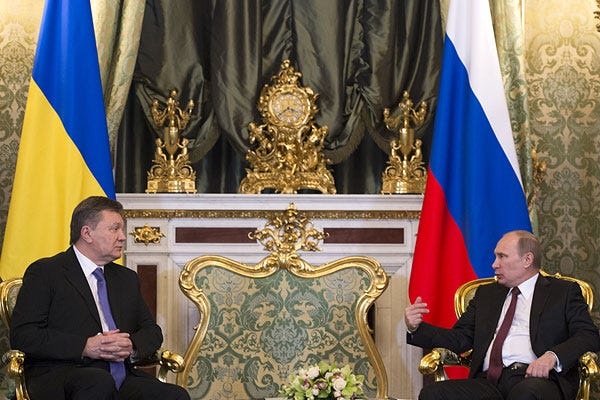

Wait, isn't it Trump you wrote about?
Excellent explanation of Putin's governance of Russia. Country of slaves. How easy it was for him to do. Amazing...